
In the Republic of Moldova, where half the population wants to join the European Union and the other half the Eurasian Union, where the number of supporters of the union with Romania is increasing, but that of the USSR nostalgics does not seem to decrease, where unionist marches would still end in confrontations a few years ago, May 9th could not but be a new bone of contention for politicians, and also a reason for debate in society, especially since much of that society was educated in the Soviet spirit of the significance of this date.

The Nord Stream 2 pipeline, set to transport Russian gas straight to Germany, seems to have hit a few snags amidst growing opposition. Even if it does get finalized, Nord Stream 2 could prove useless due to Europe’s transition to alternative energy sources.

In a little over four years, Russia has become increasingly belligerent towards the West, hitting a new milestone, which is interesting, to put it mildly: three hundred and eleven (!) Russian diplomats have been expelled from the United States and Europe due to their actions in these states.
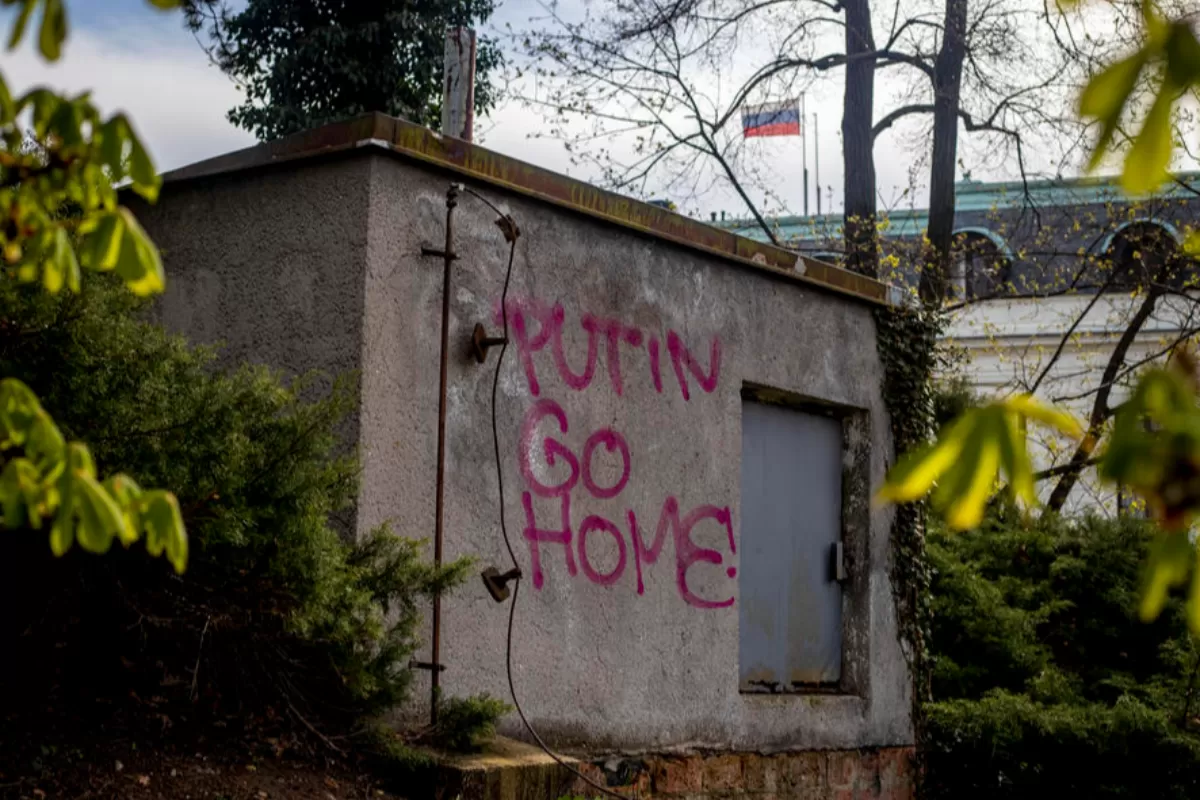
The Czech Republic has announced that it is expelling 18 Russian diplomats, following the sabotage of an ammunition depot by Moscow’s agents. The measure seems to have been taken without consulting all the domestic key players or Prague’s Western partners: in the days that followed, both the lack of cohesion of the state authorities and the hesitations of external partners to show solidarity were apparent.

A religious movement in Poland, with ties in Brazil and ramifications within the Warsaw administration, is behind a drive to impose an ultra-conservative agenda in Catholic countries in the EU.

For a brief moment Russia looked like it was going to war with Ukraine, rallying a significant number of forces on the Ukrainian border, in Crimea and the Black Sea. The crisis has passed, momentarily, but the many critical problems in the region remain unsolved.

Former president Igor Dodon, the current leader of the Party of Socialists in the Republic of Moldova (PSRM), the largest party in the Moldovan Parliament, seems determined to cling to power, much like his predecessors. It was only a matter of time before Dodon moved from theory to practice. Therefore, at the end of last week, while on a visit to Moscow, Dodon mounted a fierce attack on the rule of law, namely on the Constitutional Court in Chișinău.
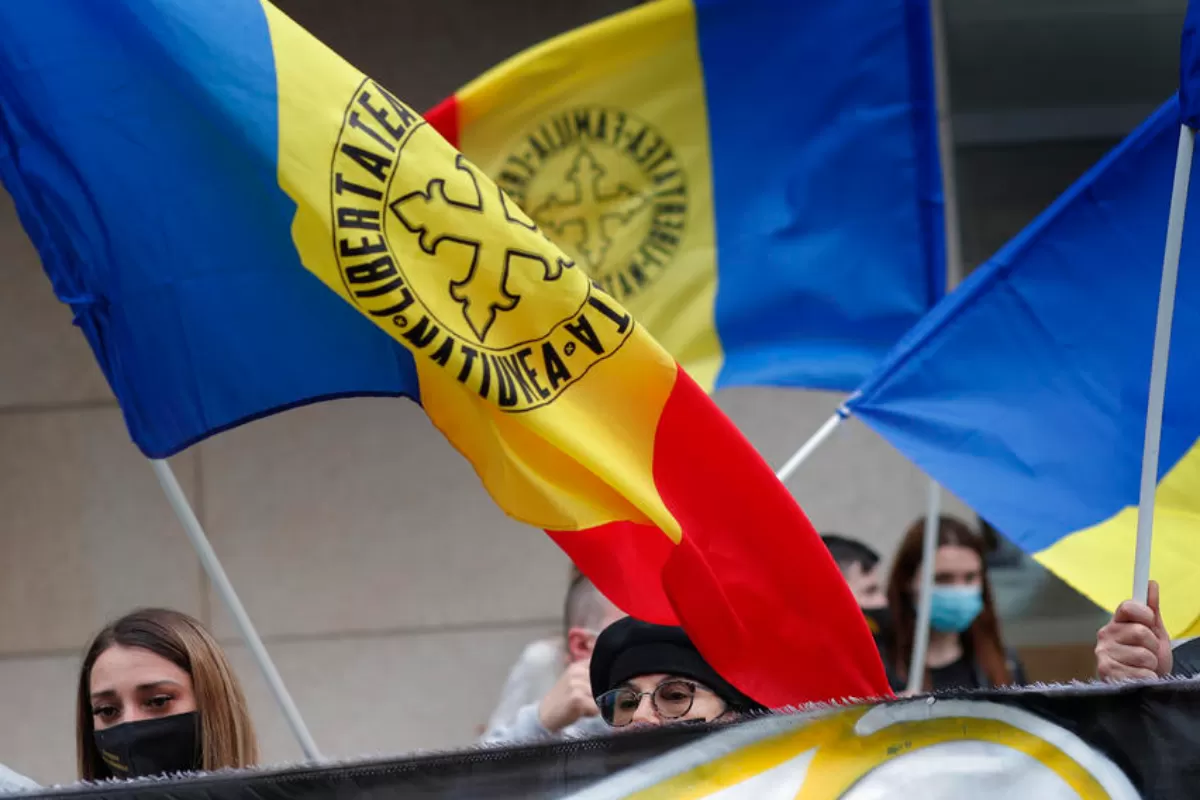
Along with Poland, Romania has always been the most skeptical-of-Russia country in Eastern Europe. This does not mean that the Russian influence is not felt in this country as well.
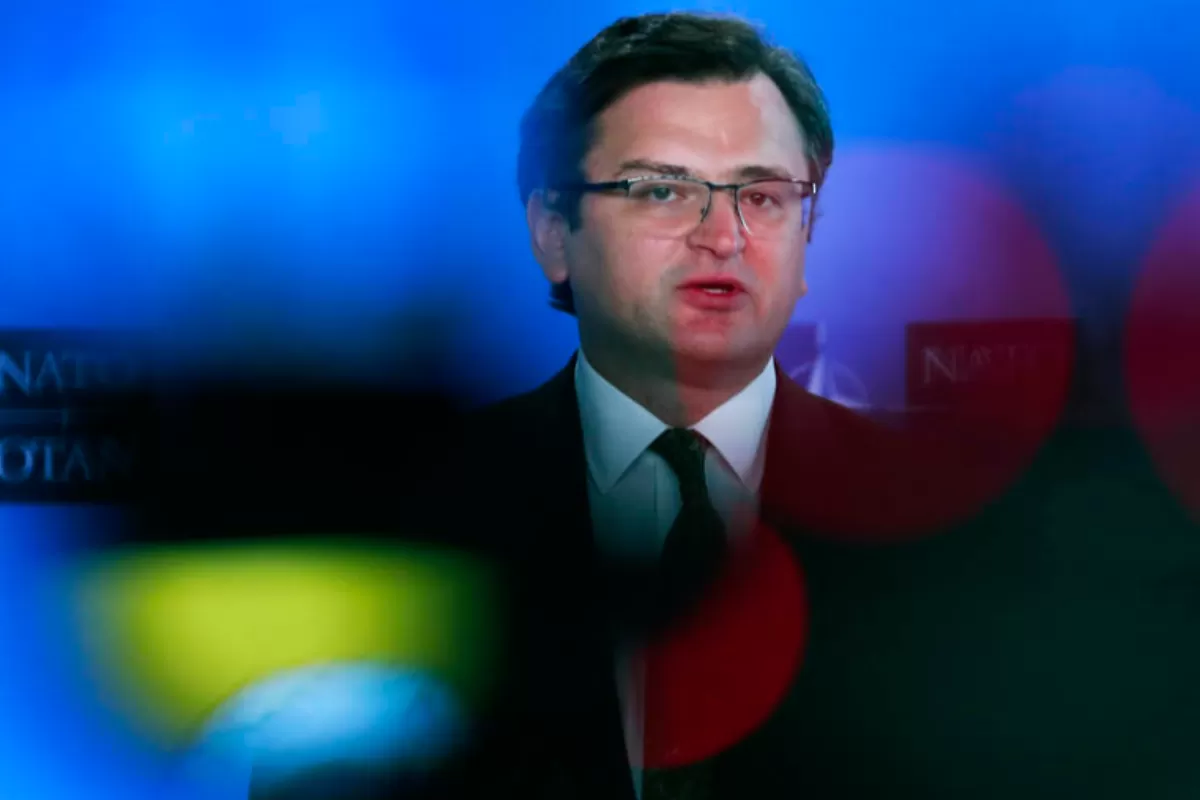
Russia continues to rally more and more troops on the Ukrainian border, exceeding the level reported in 2014, the year of the illegal annexation of the Crimean peninsula which eventually triggered the conflict in Donbass. The mobilization is doubled by a massive disinformation campaign depicting Ukraine as the aggressor, killing civilians in Donbass and planning an offensive in the region.
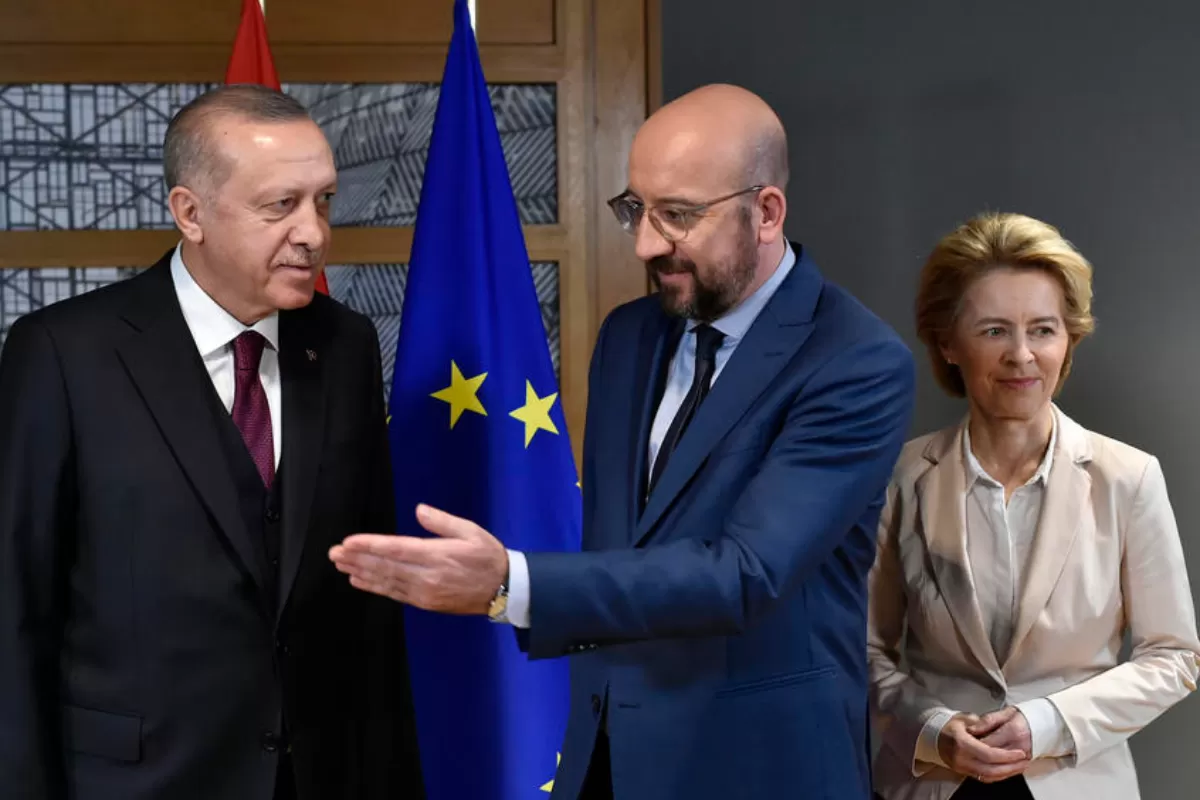
One of the mantras in some political and media circles over the last decades is that the bloc does not have a foreign policy and it is weak in its external relations. This is a rather erroneous judgement.
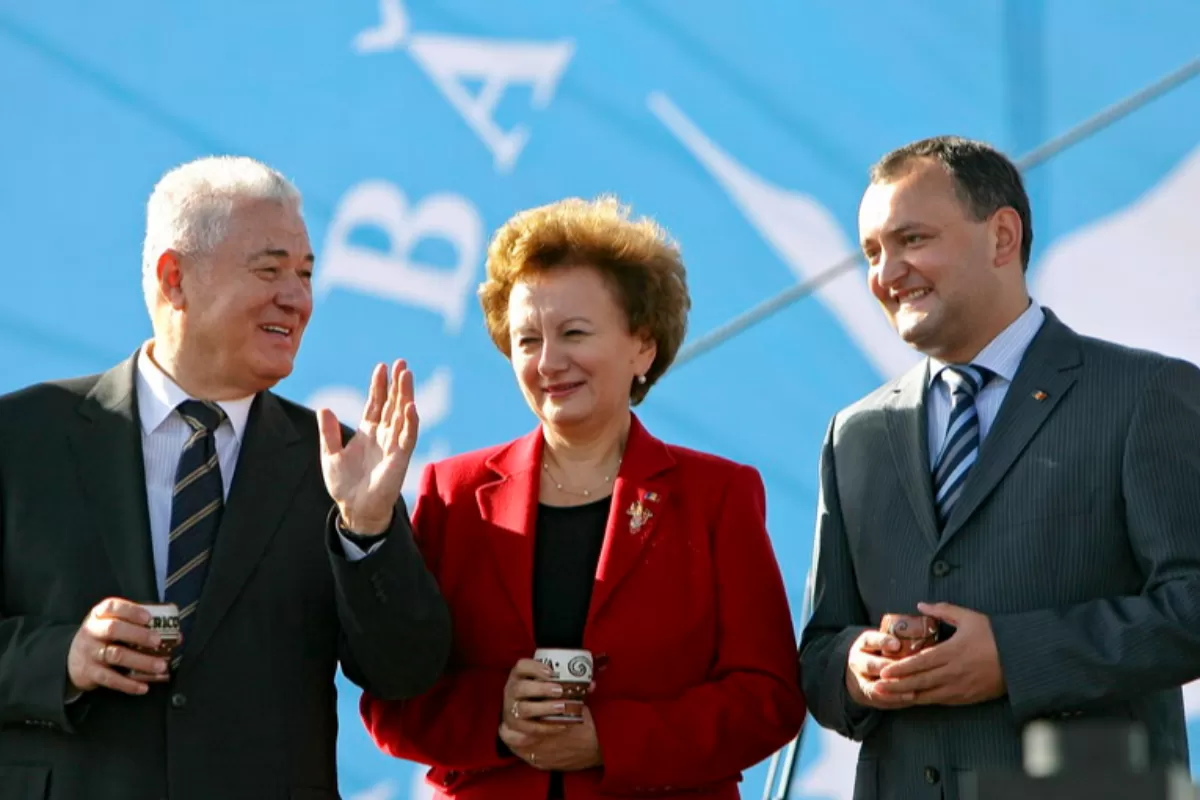
The surrender or transfer of power have always been the center of attention in Chisinau, which proves that democracy, even after 30 years of independence from the Soviet Union, is still fragile.

The United States and NATO will withdraw from Afghanistan nearly 20 years since their first intervention in this country. President Joe Biden decided all troops must pull back by September 11, four months later than the original deadline set by the Trump administration. The Taliban perceive the Americans’ withdrawal as a win. It remains to be seen if this will suffice or if they try to press their advantage and continue their war against the government in Kabul.

Last year was a year of mask diplomacy, and 2021 is becoming a year of vaccine diplomacy. While the EU is struggling to procure and roll over the vaccines it needs for its citizens, Great Britain and Serbia (European countries, but non-EU members), are European leaders of vaccination.

After years of sparring with Brussels over his rule of law approach, which led to increased isolation for his Fidesz party, Hungary’s Viktor Orban decided to strike back by forging an alliance with Poland’s Law and Justice Party and Italy’s Lega. The plan was to start by setting-up a new party bloc within the European Parliament. However, this may prove to be easier said than done.

The Pandemic has shaped the perception of the citizens in the Republic of Moldova about the East and the West. Whereas one year ago, Russia and China were very cleverly scoring points in terms of visibility in Chișinău, over the last 12 months the roles have been reversed with the EU and Romania.
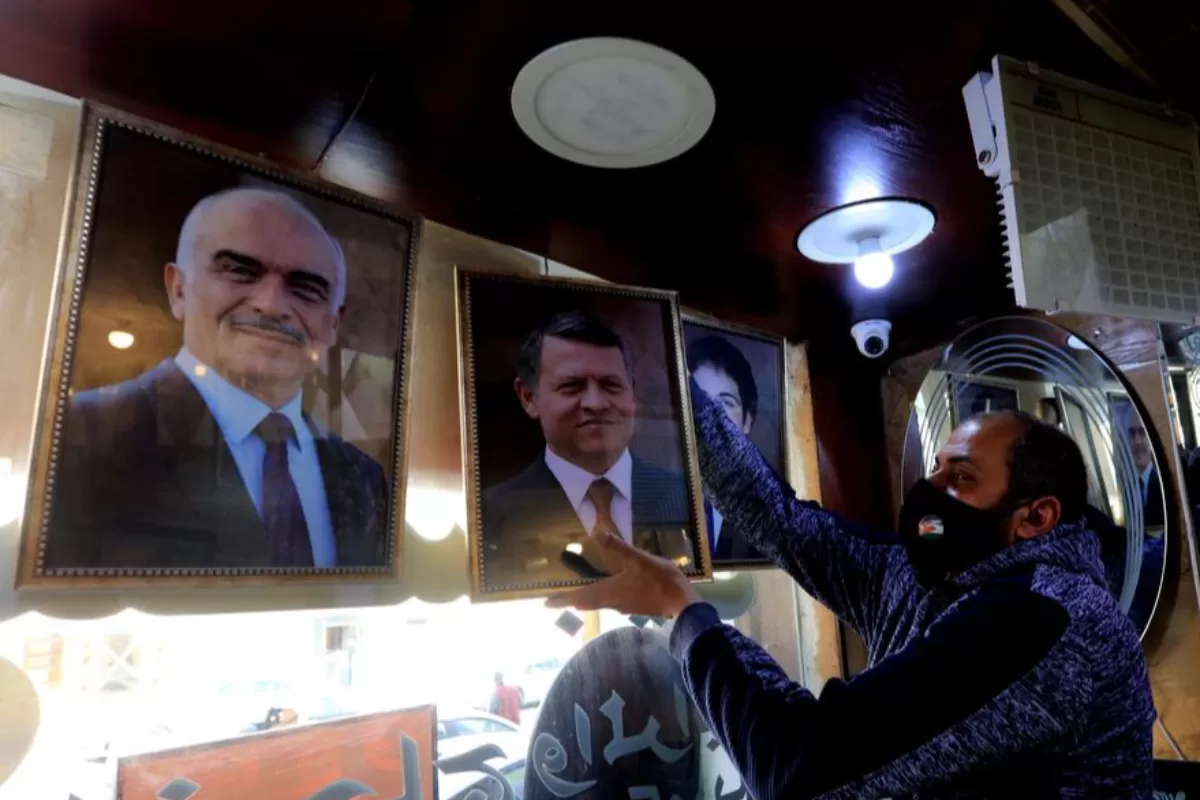
A mysterious plot in Jordan, one of the most stable countries in the Middle East, made waves in early April. It is not known exactly who the conspirators were - so far only a few names have been made public - what their intention was and who supported them. However, there’s been talk of a former crown prince, the Bedouin tribes, Saudi Arabia and Israel.
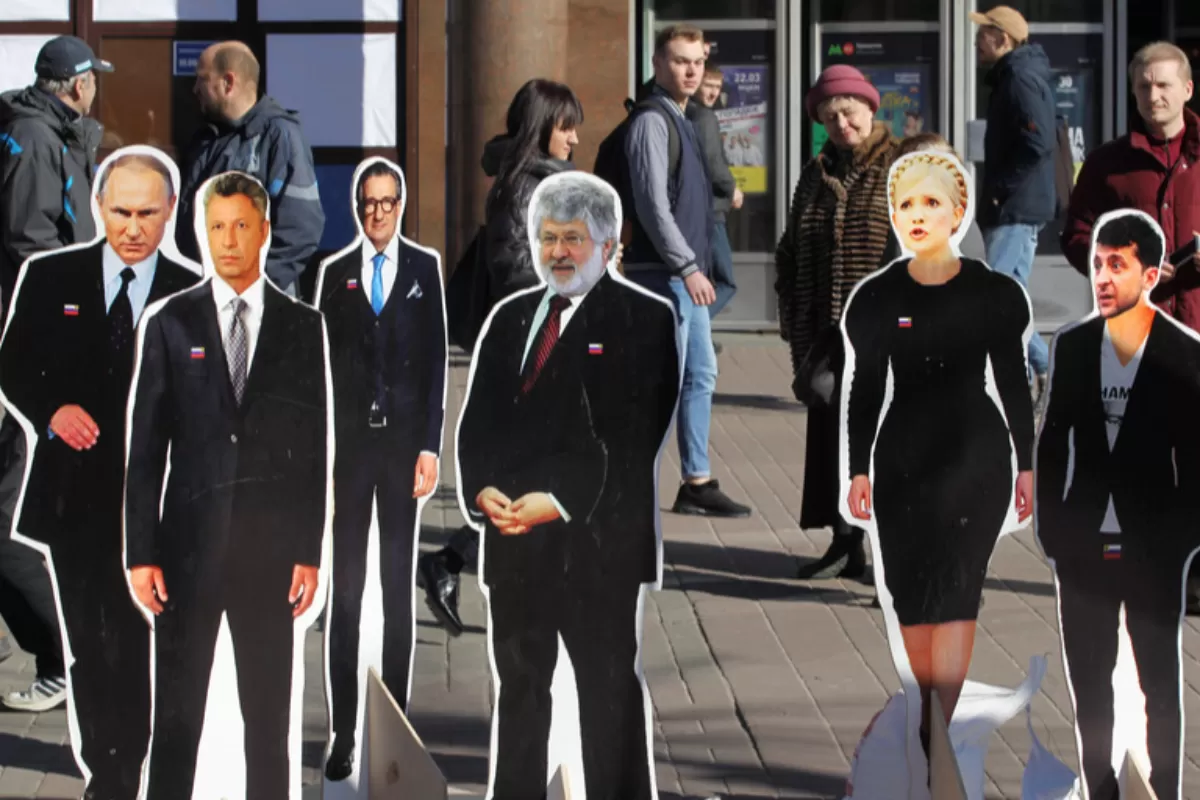
The world is actively looking for opportunities to use hybrid engines to protect the environment. However, in the Ukrainian version, the problem with electricity has primarily a political focus. Energy relations with Russia and Belarus confirm this.

Ukraine seems to have owned up to its European track (and discourse) after the 2013-2014 Euromaidan protests and the signing of the Association Agreement with the EU in 2016. Nevertheless, the media and the political class still advance a type of rhetoric steeped in narratives of Soviet origin. A typical example in that sense is linked to mainstream discourse on Romanian statehood, the Romanian people, the history of Romanians and the Romanian community in Ukraine.

The latest espionage scandal in Italy, whereby an Italian officer with access to confidential NATO information was caught red-handed while selling secret documents to a Russian military attaché, once again highlights hostile Russian actions against NATO. The resurgence of such activities occurred especially after the Euromaidan and the annexation of Crimea by the Russian Federation in 2014.

PM Boyko Borisov’s long-ruling and controversial party is winning the vote but at the same time is lacking a majority and there’s no obvious partner to form a coalition.

The anti-restriction protests triggered a real festival on Sputnik, the Kremlin's main Romanian-language propaganda tool.

Four elections in less than two years, and Netanyahu continues to come out on top and stay in power. In a world as difficult as today, with all the developments in the Middle East, in a society as complex as Israel, that is no easy feat. Still, Bibi, as most Israelis like to call him – or “King Bibi”, for his most diehard supporters – has succeeded even when the whole world was against him. And he’s now become the veteran (and survivor) of Israeli politics.
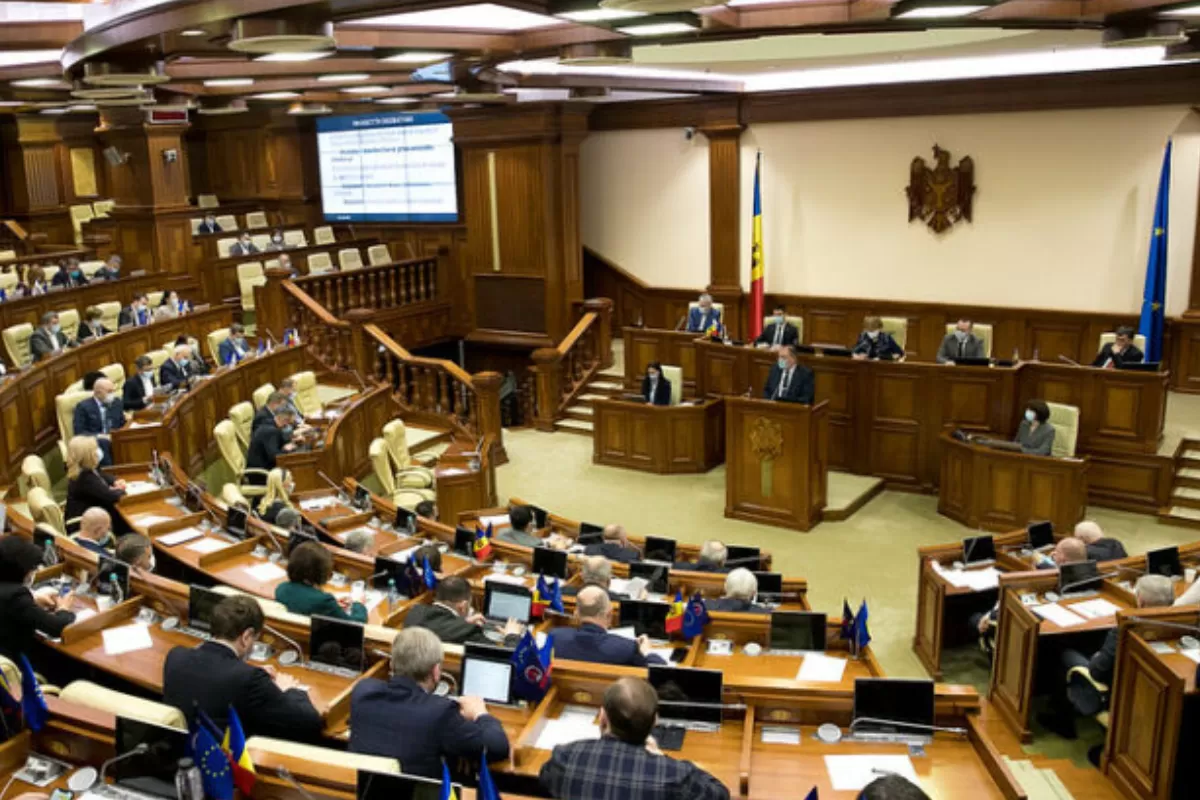
In the Republic of Moldova, two attempts to appoint a new government have failed and more than three months have passed since the resignation of the previous one, so, at least in theory, the conditions have been met for the dissolution of Parliament and for holding snap elections, which all the parliamentary parties said they wanted. But, as usual, in the Republic of Moldova black is never just black, and white is blindingly white.

The highly publicised discovery of a Russian spy network in Sofia signalled a meddling in Bulgaria’s politics but also left a bitter taste - was it all government PR right before the general elections?
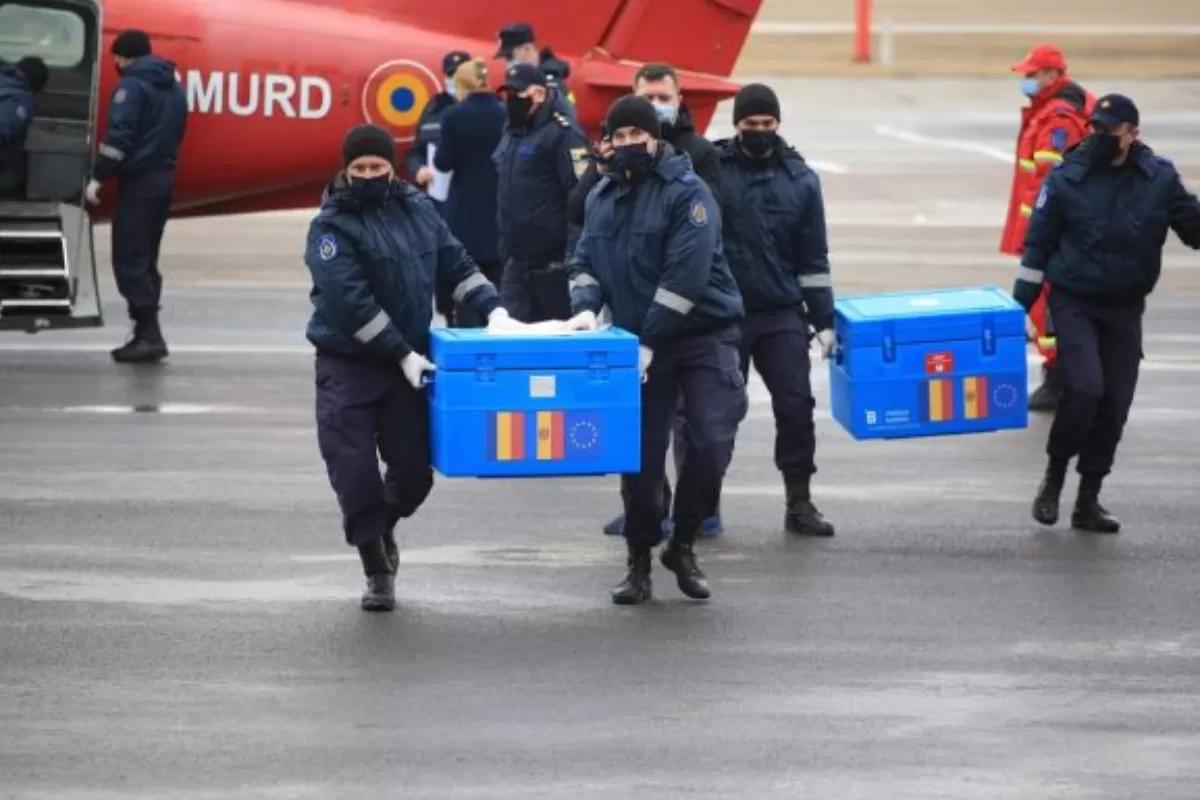
In recent years, Romania has funded numerous projects that have had a direct impact on the population. In parallel, a certain type of patriotic discourse, irritating for a significant part of the population of the Republic of Moldova, has been tempered as well. The result of this policy carried out with soft-power tools is that while the declared unionist parties in Chisinau are free falling in the electorate’s preferences, paradoxically the number of unionists is on the rise.

The epic fight between good and evil, which emerged with the first mythologies ever created by man and translated over the ages in religious and political struggle, could now take a new form: the clash between democracy and autocracy.
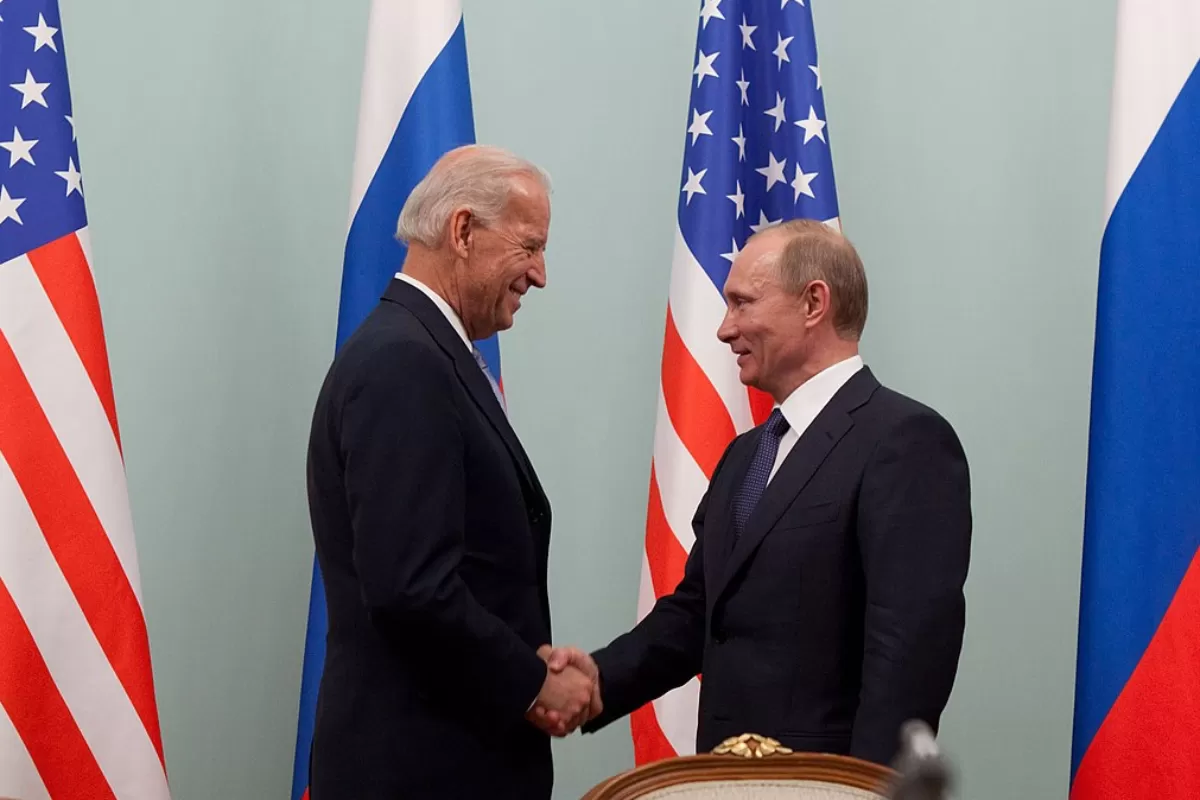
The latest tensions between presidents Joe Biden and Vladimir Putin are definitely giving political analysts from all over the world a headache, as they try to decrypt the discourses of the two presidents and somehow foresee where they’re leading. The United States and Russia have a number of imporant topics on their current agenda, such as the developments in Ukraine, Syria, the Iranian nuclear file or the situation in Northern Africa. USA and Russia also fell out over the poisoning and sentencing of opposition leader Alexei Navalny, the SolarWinds cyber-attacks scandal and Moscow’s bounties on US troops in Afghanistan.

Facing political losses at home and in Europe, Viktor Orban also has to handle a devastating third wave of the Covid-19 pandemic. The Hungarian Prime Minister has chosen to turn to Russia and China for help, two countries he has been entreating of late.

In recent years, relations between Poland and Russia have been marked by tensions over the interpretation of the history of the 20th century. Russia does not have a clear and attractive vision of its future, so it manipulates the past more and more boldly. But the Polish government also uses radical methods to force its own vision of history. What are the gains and losses from aggressive historical politics?

In March, 2014, the so called “little green men”, Russian combatants without any identifying army insignia, occupied this Ukrainian peninsula. A referendum followed shortly on joining the Russian Federation, which the international community didn’t recognize. On March 21, 2014, president Vladimir Putin signed the law that officially declared Crimea part of the Russian Federation. The events of 7 years ago are today perceived differently in Ukraine and Russia.
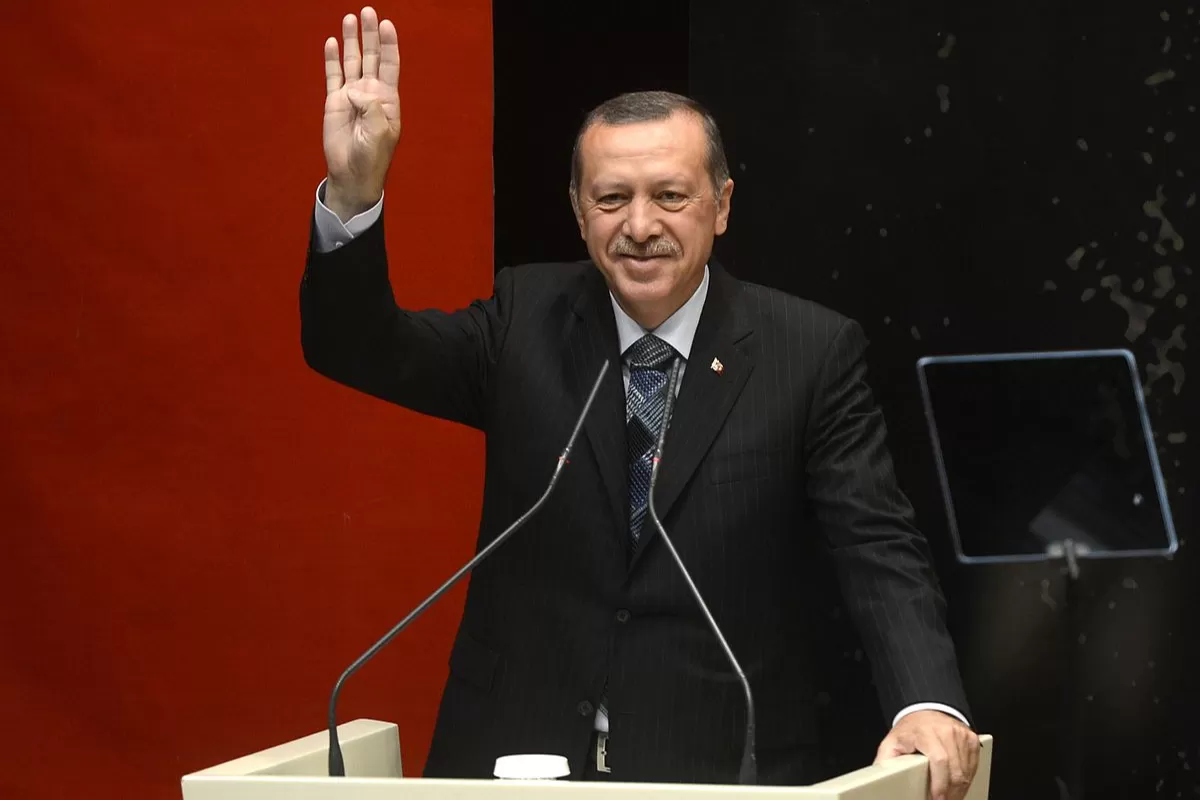
Squeezed between its own regional ambitions and those of global players, between domestic challenges and its own policy errors, the current regime in Ankara speaks and acts in an increasingly erratic manner. And the consequences are difficult to foresee at this stage.

Facing logistics-related problems back at home and a limited capacity for the development of the Sputnik V vaccine, Russia plays a bluff game in Europe, pretending to be waiting for the European Medicines Agency (EMA) to greenlight the Sputnik serum in order to fill the vacuum in the EU’s supply chain.